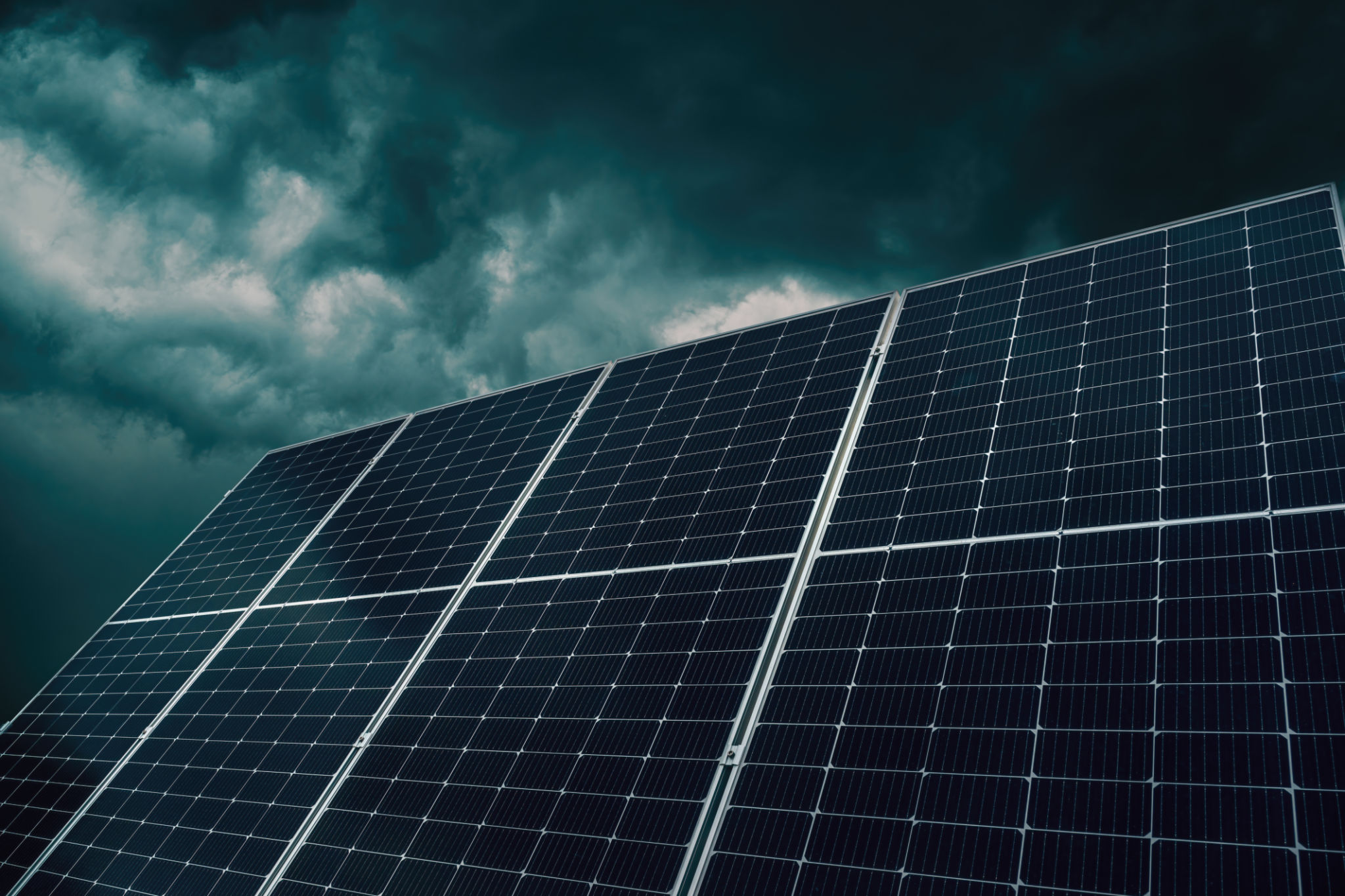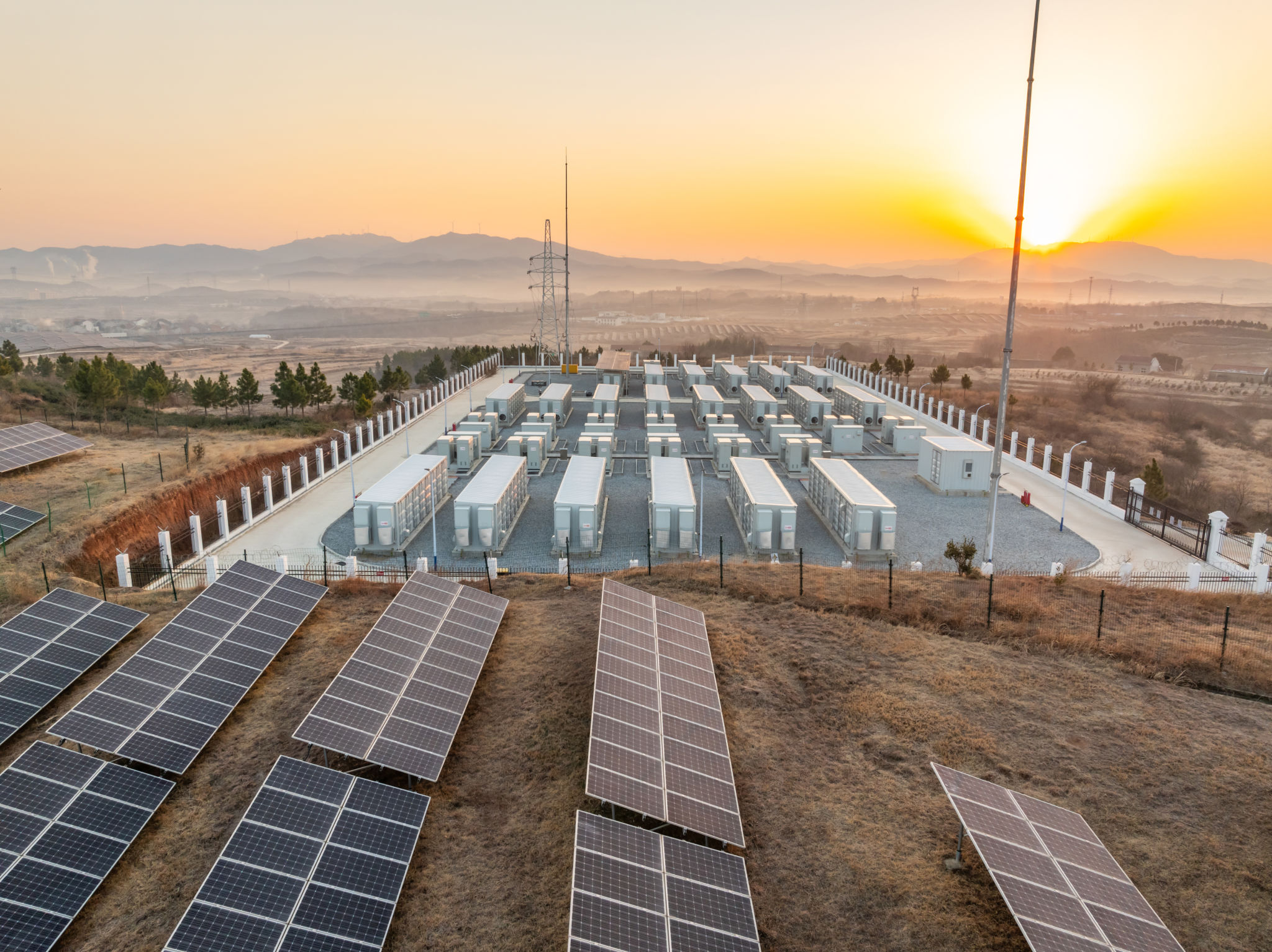Solar Myths Debunked: What Gwalior Residents Need to Know
Introduction to Solar Myths
As solar energy gains popularity in Gwalior, many myths and misconceptions continue to circulate, preventing residents from embracing this sustainable energy source. It's time to set the record straight and debunk some of the most common solar myths. Understanding the truth about solar energy can empower you to make informed decisions about harnessing the sun's power for a cleaner and more energy-efficient future.
Myth 1: Solar Panels Don't Work on Cloudy Days
A common misconception is that solar panels only generate electricity on sunny days. In reality, solar panels can still produce energy on cloudy days, albeit at a reduced efficiency. Modern solar technology is designed to capture diffused sunlight, allowing your system to generate power even when the sun isn't shining brightly. So, don't let a few clouds deter you from considering solar energy.

Myth 2: Solar Energy Is Too Expensive
Many people believe that installing solar panels is prohibitively expensive, but the reality is quite different. While there is an initial investment, the long-term savings on electricity bills can be significant. Additionally, government incentives and subsidies can help offset the upfront costs, making solar energy more accessible than ever before. The cost of solar technology has decreased dramatically over the years, further enhancing its affordability.
Myth 3: Solar Panels Require Constant Maintenance
Another common myth is that solar panels need constant upkeep. In fact, solar panels are incredibly durable and require minimal maintenance. Regular cleaning and occasional inspections are usually sufficient to keep your system running efficiently. Most solar panels come with warranties that last 20-25 years, providing peace of mind for homeowners regarding their durability and reliability.

Myth 4: Solar Panels Will Damage My Roof
Some residents worry that installing solar panels will damage their roofs. However, when installed correctly by professionals, solar panels can actually protect your roof by shielding it from elements like rain and hail. The installation process involves careful consideration of your roof's structure and condition, ensuring that no damage occurs during or after installation.
Myth 5: Solar Energy Isn't Reliable
Concerns about the reliability of solar energy often stem from misunderstandings about how solar systems work. Modern solar systems often include battery storage solutions that store excess energy generated during sunny periods for use at night or during cloudy days. This means you can enjoy a consistent power supply regardless of weather conditions.

The Benefits of Going Solar in Gwalior
Embracing solar energy in Gwalior offers numerous benefits beyond just cost savings. It helps reduce your carbon footprint, contributing to a cleaner environment. Additionally, using solar energy can increase your property's value and provide a level of energy independence that shields you from rising electricity prices. By understanding and debunking these myths, Gwalior residents can confidently move towards a greener future.
Conclusion
Solar energy is a viable and beneficial option for Gwalior residents looking to reduce their reliance on traditional energy sources. By dispelling these common myths, we hope to encourage more homeowners to consider the advantages of going solar. As technology continues to advance and costs decrease, there's never been a better time to explore solar energy solutions.
